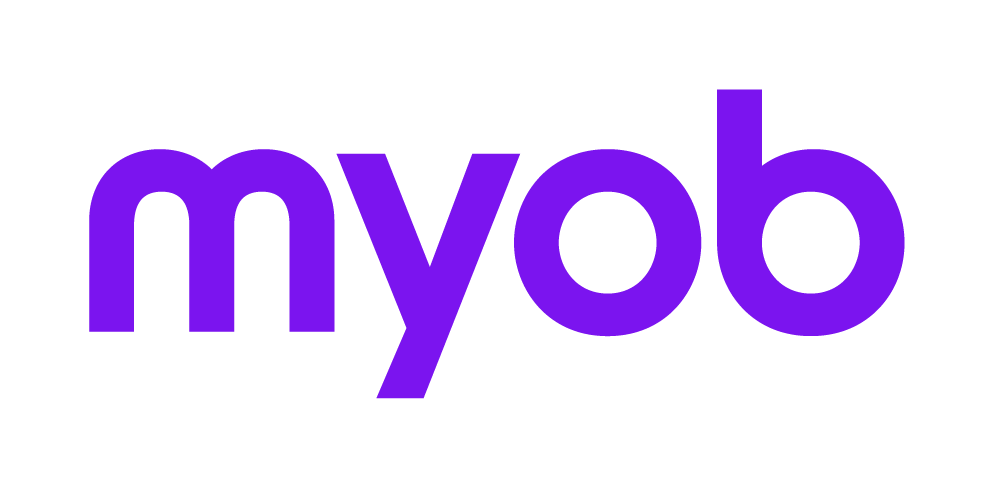The profits are taxable if the company bought a property for the purpose of reselling it or is in the business of buying and selling land and/or buildings.
If the company purchased a residential property on or after 1 October 2015 and sold/disposed of it within the bright-line period, any profit will be taxable, whether the intention at the time of purchase was for resale or not. The bright-line period for:
- properties purchased/acquired on or after 1 October 2015 through to 28 March 2018 inclusive, is two years,
- properties purchased/acquired on or after 29 March 2018 is five years.
The profits may be taxable if the company:
is a building company and improved a property before selling it
developed or subdivided land and sold sections
had a change of zoning on company property and sold it within 10 years of buying it.
If the company is a New Zealand tax resident it will need to pay tax on its worldwide income under New Zealand Tax law.
This includes any property sales worldwide whether caught under the bright-line test for residential property sales or the other property rules.
Complete a Property sale information (IR833) form for each property sold/disposed of and include it with the return. The form explains how to calculate and correctly return the resulting profit or loss. The form can be downloaded from our website www.ird.govt.nz (search keyword: IR833). Complete the form even if the details have been included in a Financial statements summary (IR10) or set of accounts.
Print the total profit in Box 21B.
If you’re not sure if the income from the sale of land or buildings is taxable, please call Inland Revenue.
